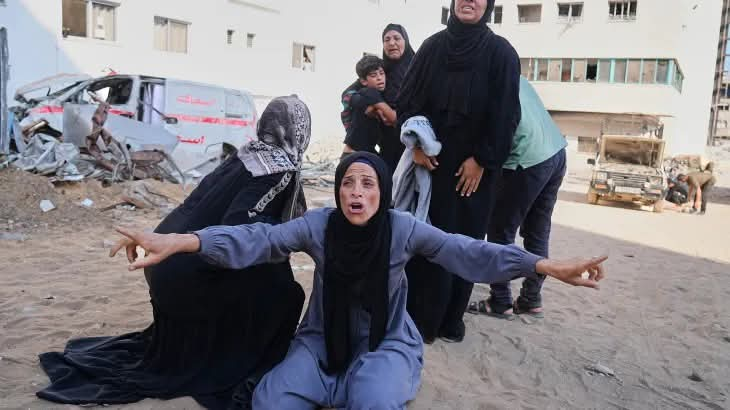By Mansoor Qadir.
As the holy month of Muharram begins, Muslims around the world turn their hearts toward Karbala—a timeless reminder of the stand taken by Imam Hussain (AS) against injustice and authoritarianism. His sacrifice, along with that of his family and companions, was not a pursuit of political power, but a defense of truth, dignity, and divine principle. Karbala represents a clash not between tribes or sects, but between conscience and corruption, truth and tyranny.
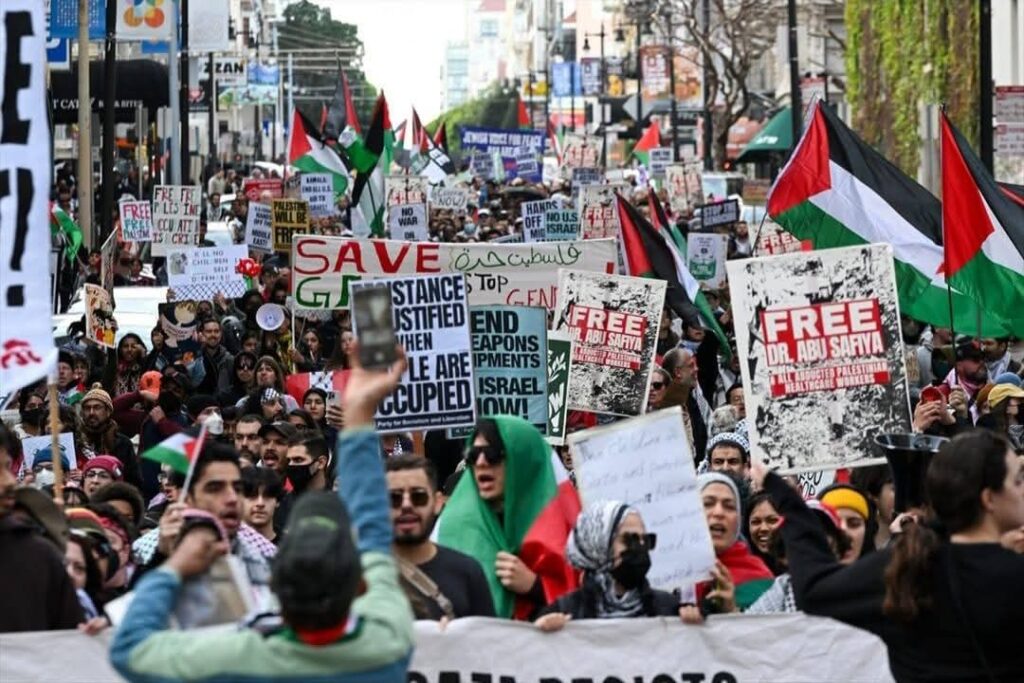
The brutal aftermath of Karbala did not end with the martyrdom of Imam Hussain. Soon after, Yazid’s army stormed Madina—the city of the Prophet (PBUH)—in what became known as the tragedy of Harrah. This was one of the most violent and shameful episodes in early Islamic history. Thousands of civilians were massacred, the sanctity of the Prophet’s Mosque was desecrated, and women were dishonored. The Muslim world, then under the grip of Yazidi rule, mostly watched in silence—paralyzed by fear, political calculation, or misplaced loyalty.
Today, that silence has returned.In Gaza and Palestine, a humanitarian catastrophe unfolds before the eyes of the world. Women, children, and civilians are mercilessly targeted. Homes, hospitals, and holy places lie in ruins. And yet, many of the same Arab regimes that claim leadership of the Muslim ummah have chosen complicity or indifference. Their silence is not neutrality—it is betrayal. Their diplomatic engagements, strategic alignments, and economic interests have blinded them to the cries of their own brothers and sisters in faith.
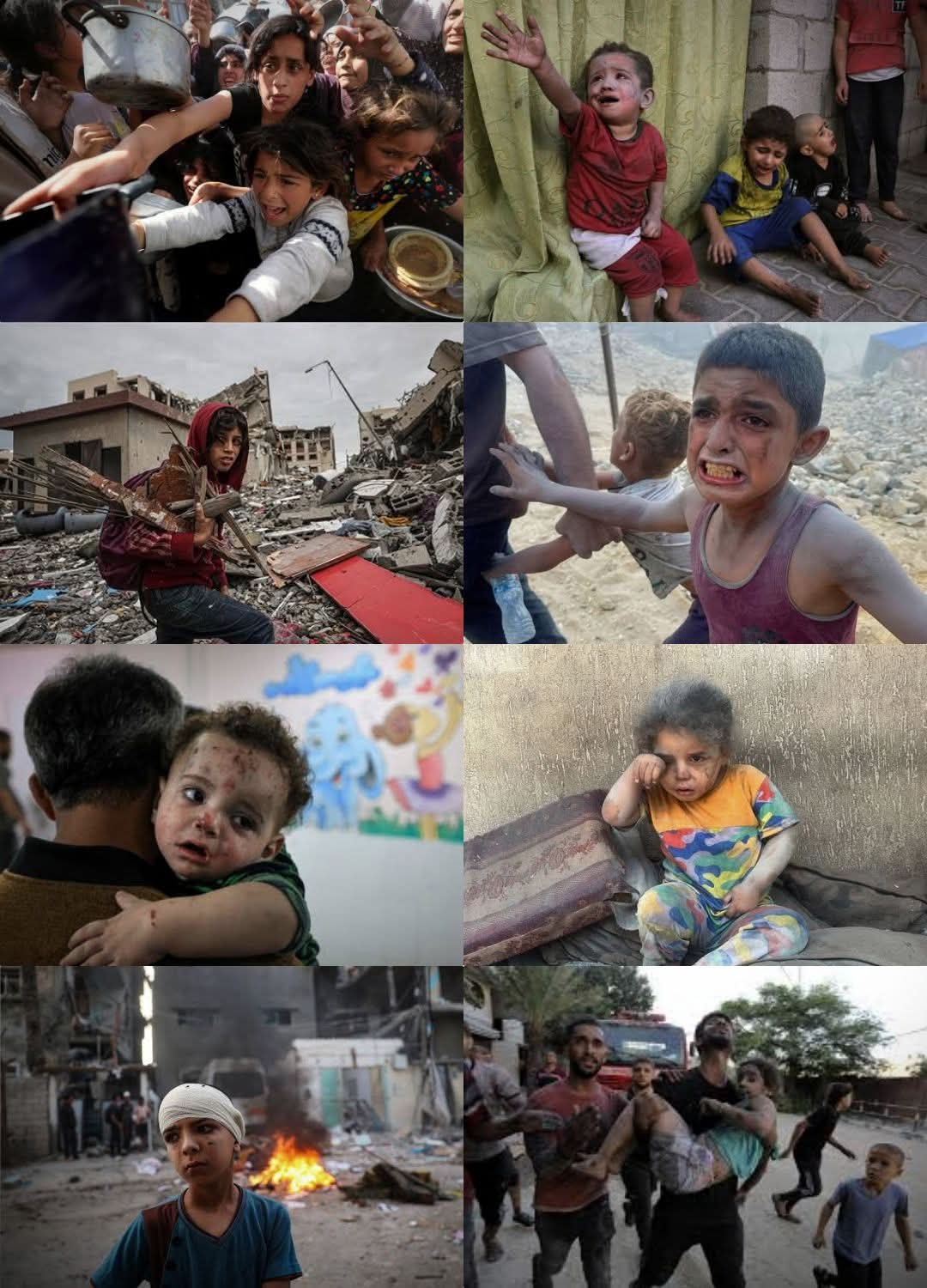
In stark contrast, thousands across Western nations—citizens of conscience, irrespective of religion—have taken to the streets, demanding an end to the bloodshed in Gaza and calling out Israel’s systemic violence.
This has exposed a tragic irony: civil societies in non-Muslim countries are doing more to raise their voice for Palestine than many governments of the Muslim world.History repeats itself—not just in deeds, but in silence.
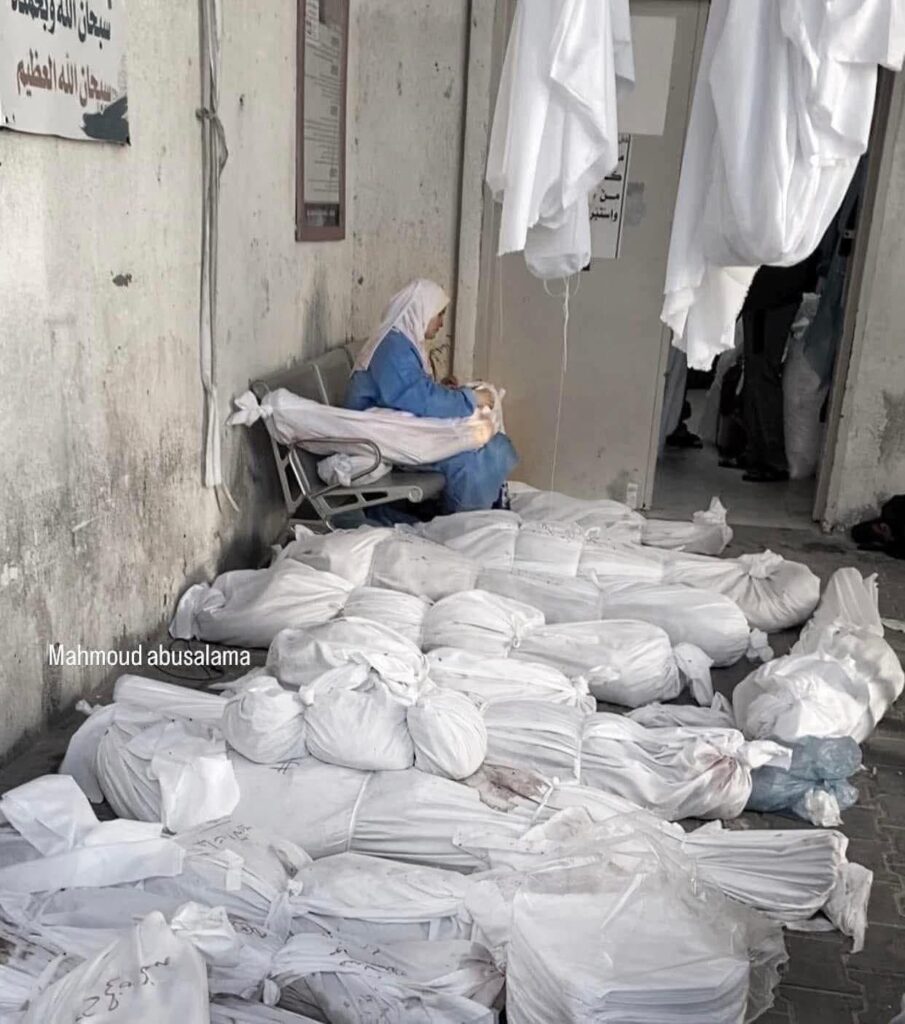
Just as the Muslim world remained largely mute when the Prophet’s family was surrounded and slaughtered in Karbala, today much of the Arab and Muslim leadership mirrors that same inaction, if not outright betrayal.
Their political behavior—marked by normalization, silence, or repression of pro-Palestine voices—bears the unmistakable imprint of Yazidiyat.
Let it be said plainly: Yazidiyat is not a historical figure—it is a living system of tyranny, silence, and betrayal. And in today’s world of open information and moral clarity, those who remain silent or complicit in the face of oppression are, by conduct, its followers—regardless of the titles they carry or the robes they wear.
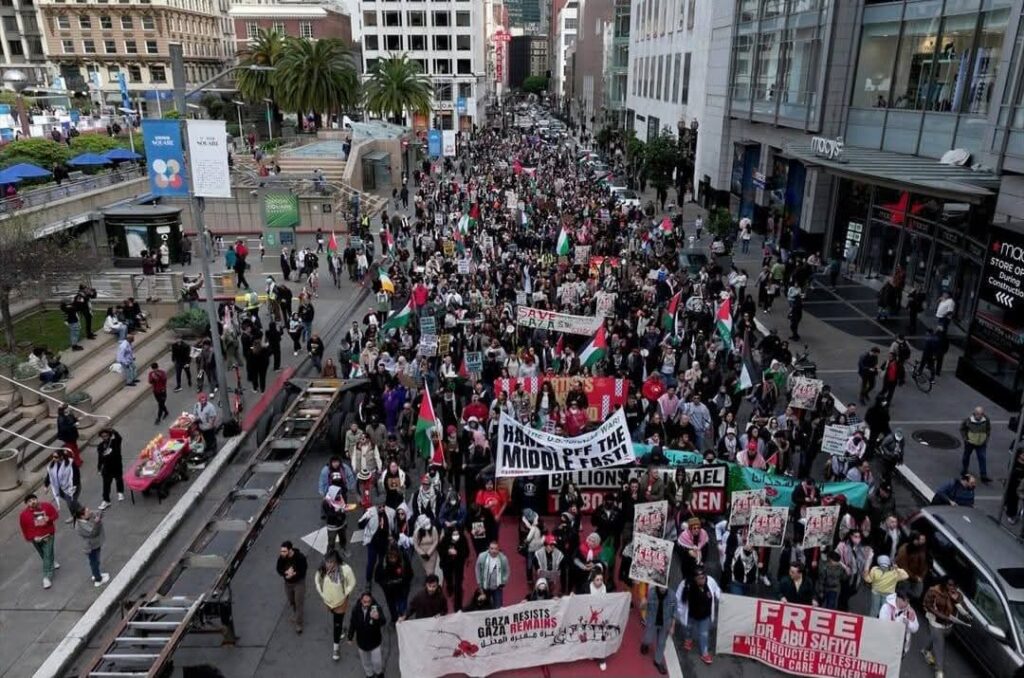
Imam Hussain (AS) rose alone, but his message was universal: Do not bow to injustice, even if you stand alone. That message calls out to us again—loudly from the rubble of Gaza, the ruins of Madina’s memory, and the silence of many thrones across the Arab world.
In these days of mourning, let us remember: mourning without moral clarity is ritual, but mourning with action is revolution.
We must choose—not between Sunni or Shia, Arab or non-Arab, East or West—but between Hussainiyat and Yazidiyat, between moral courage and historical complicity.

